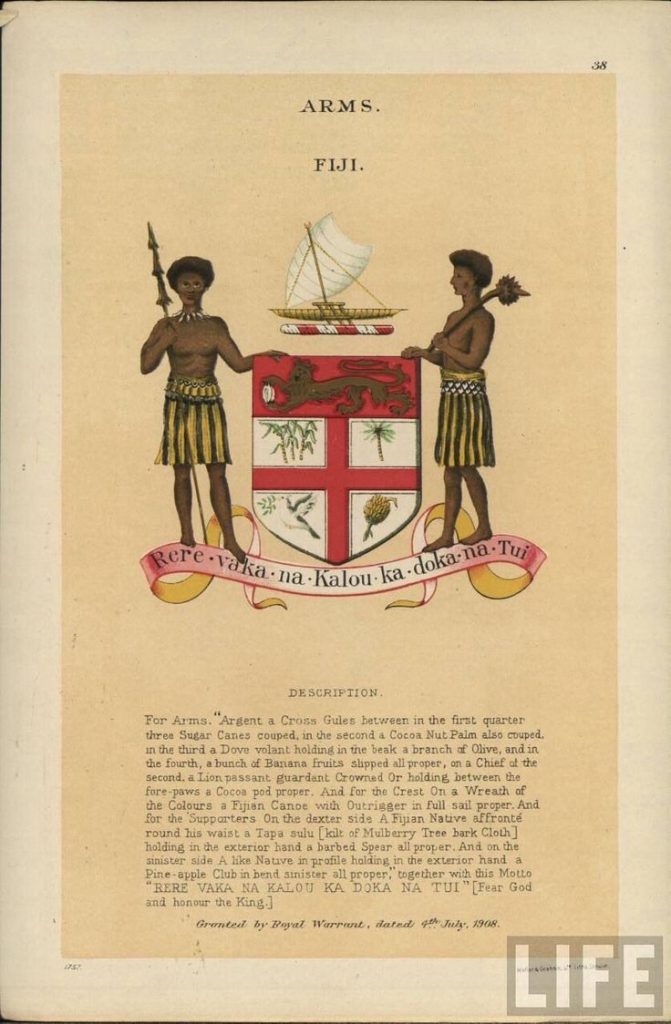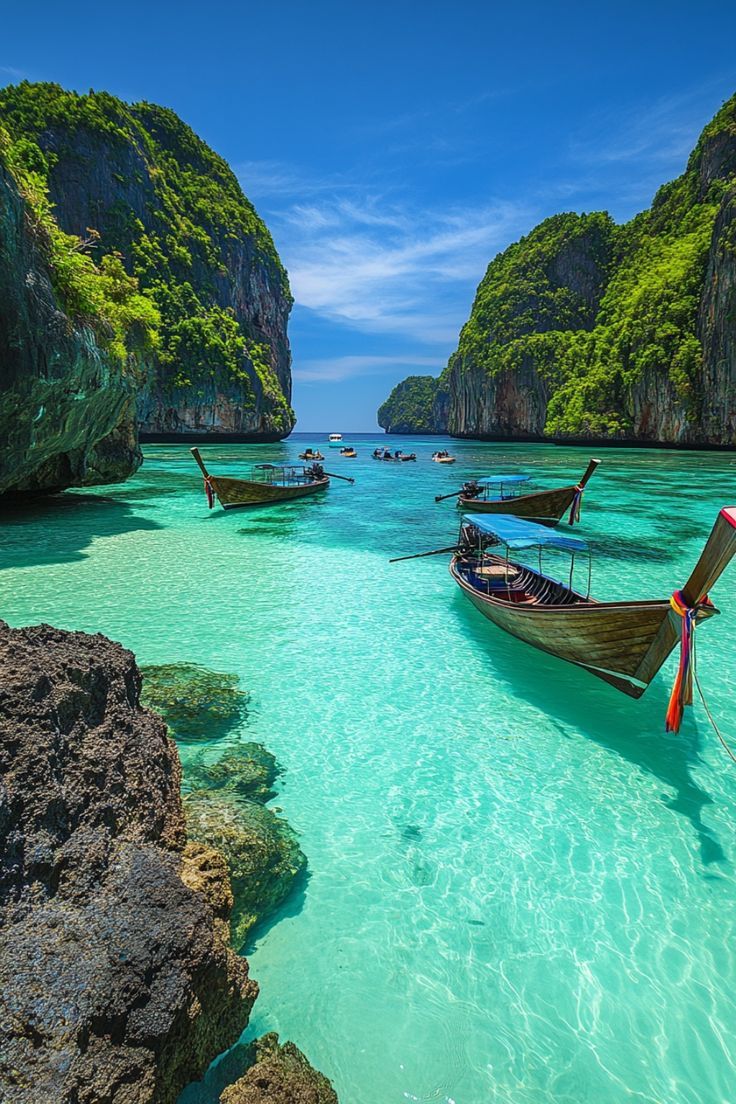Fiji is often marketed as a tropical paradise, renowned for its azure waters, pristine beaches, and warm hospitality. However, beneath this idyllic image lies a complex reality shaped by a turbulent history, ethnic divisions, and economic challenges.
While the tourism industry paints a picture of harmony, the lived experiences of many Fijians tell a more nuanced story.
Click the link to read about safety in Papua New Guinea.
A Brief History of Fiji: From Colonialism to Independence
Fiji’s modern history has been shaped by colonial influences and significant political shifts. In the late 19th century, the British colonized Fiji, introducing systems of governance and labor that would have lasting effects on its society. Between 1879 and 1916, tens of thousands of Indian laborers were brought to Fiji under indentured contracts to work on sugarcane plantations.

This influx of workers created a demographic and cultural divide that persists today, with indigenous Fijians (iTaukei) and Indo-Fijians forming two distinct communities. Fiji gained independence from Britain in 1970, transitioning to a constitutional monarchy. However, the monarchy was abolished following a coup in 1987, marking the beginning of a series of political upheavals. Since then, Fiji has experienced four coups, with the military playing a significant role in the country’s governance.
Click the link to read about the least democratic countries in 2024.
Ethnic Divisions and Social Dynamics
Fiji is often described as a multicultural nation, but the reality is more complex. The relationship between iTaukei and Indo-Fijians remains characterized by cultural and economic divisions. Indigenous Fijians hold the majority of political power, while Indo-Fijians are prominent in the business sector.
Efforts to foster unity, such as the introduction of a common Fijian identity in the 2013 Constitution, have had limited success. Land ownership remains a particularly sensitive issue, with indigenous Fijians holding special rights that can restrict opportunities for Indo-Fijians. These dynamics, while not unique to Fiji, continue to shape the nation’s social fabric.
Poverty and Economic Challenges
Despite its reputation as a tourism hotspot, Fiji faces significant economic challenges. According to the World Bank, nearly 30% of Fijians live below the national poverty line, with rural areas and informal settlements being the most affected.
While the resorts along Fiji’s coastline cater to international tourists, many locals face limited access to basic services such as healthcare and education. Suva, the capital city, contrasts starkly with the luxury of the resorts, grappling with issues such as unemployment and rising crime rates.
Click the link to read about safety in Port Moresby.
Tourism vs. Local Reality
Tourism is a cornerstone of Fiji’s economy, contributing significantly to its GDP. However, the industry’s focus on presenting a picture-perfect image often overlooks the realities faced by local communities. Visitors are typically insulated from the challenges of daily life, staying in exclusive resorts far removed from the struggles of urban and rural areas.
The disconnect between the tourism narrative and local experiences highlights the complexities of balancing economic growth with social equity.

Fiji’s Role in the Pacific
Fiji has ambitions to be a key player in the Pacific region, leveraging its military and diplomatic presence. Fijian peacekeeping forces have been deployed to various conflict zones, including the Solomon Islands and the Middle East. This has earned the country international recognition and bolstered its reputation as a stabilizing force in the region.
However, critics argue that the focus on international peacekeeping and regional influence often comes at the expense of addressing pressing domestic issues, such as poverty and infrastructure development.

Conclusion: A Complex Paradise
Fiji’s image as a harmonious tropical paradise is both a reality and a carefully constructed narrative. While its natural beauty and vibrant culture are undeniable, the country faces significant challenges that often remain hidden from view.
Understanding Fiji requires looking beyond the beaches and resorts to appreciate its rich history, diverse communities, and the resilience of its people. As Fiji continues to navigate its path forward, it must balance its aspirations for global recognition with the need to address its domestic realities.
YPT offer group, as well as bespoke trips to Fiji that can focus on the darker elements of the nation. Fiji can also be seen as part of our Least Visited Countries Tour.





